
Why Coronavirus is a gender-related issue in international security
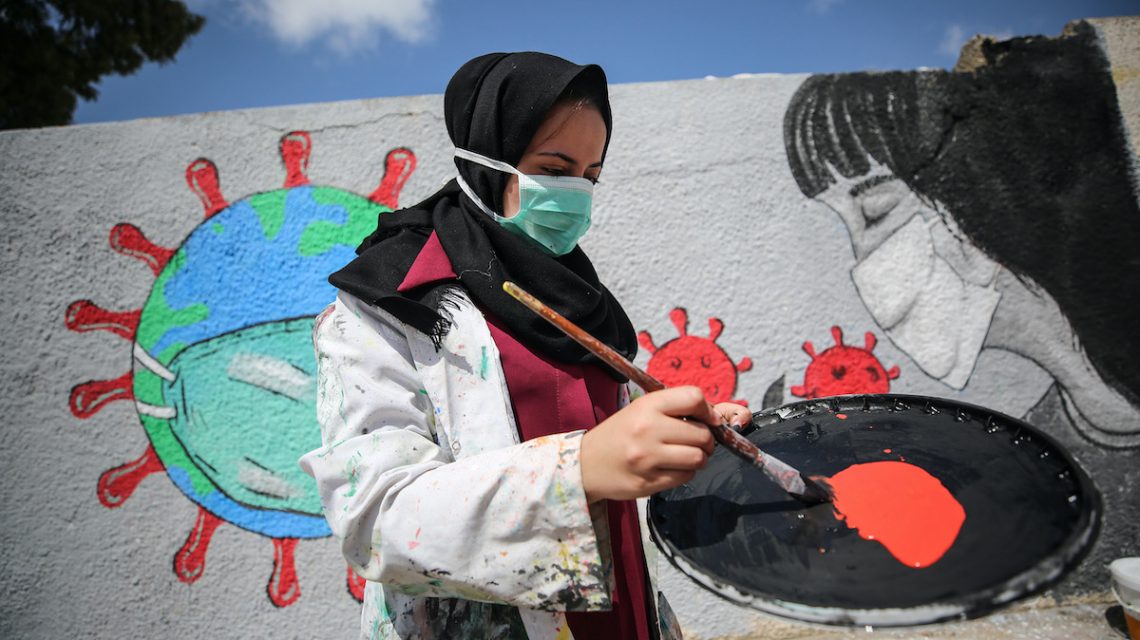
Share on

Federica Lollo
Programme Manager at the NATO Defense College Foundation since 2016. she is specialising in Global Health and the impacts on international security. She is also attending the Mentoring Programme of Women In International Security Italy.
Archive

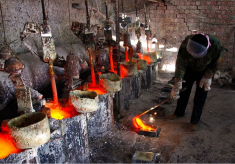

Ukraine’s government under massive cyberattack
27 January 2022

The Kremlin and its “Russian Facebook”
24 December 2021
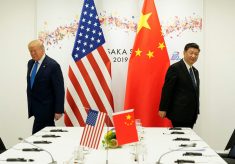
The impact of Covid-19 on world (dis)order
30 May 2020
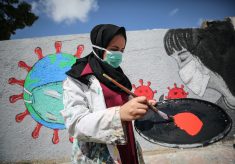

Operation IRINI: shoring up the Mediterranean stability
30 March 2020
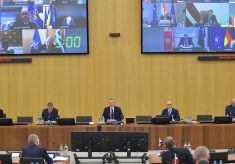
Will Coronavirus reshape NATO’s strategic priorities?
26 March 2020

COVID-19: its effects on wildlife trade and trafficking
25 February 2020
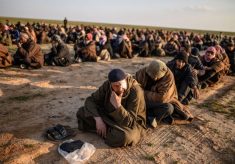
ISIS legacy: main challenges
18 February 2020
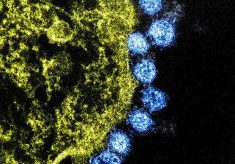
Coronavirus and its strategic impact
31 January 2020

